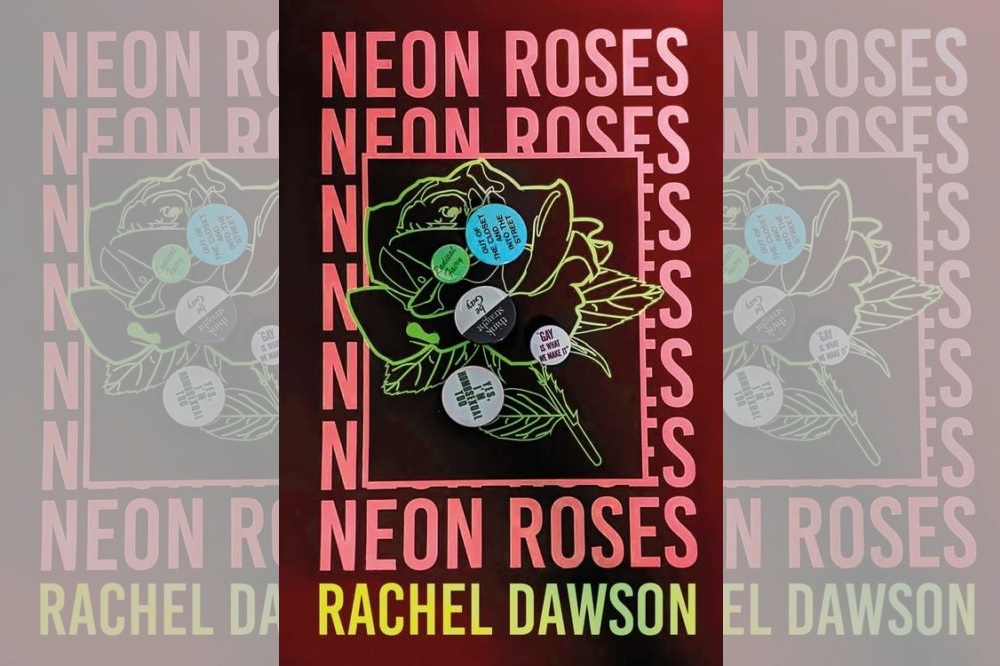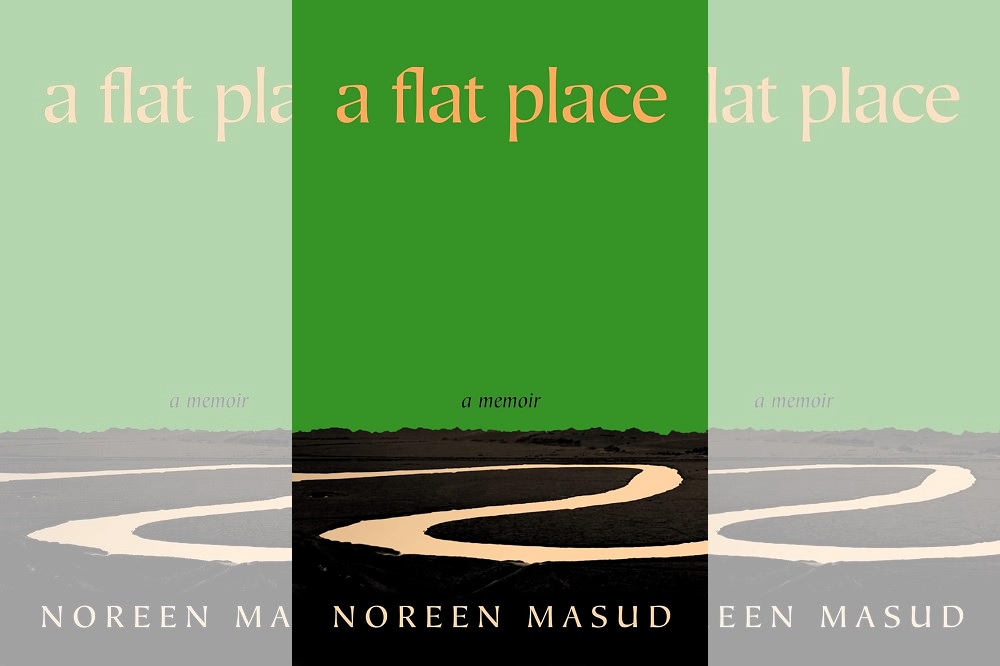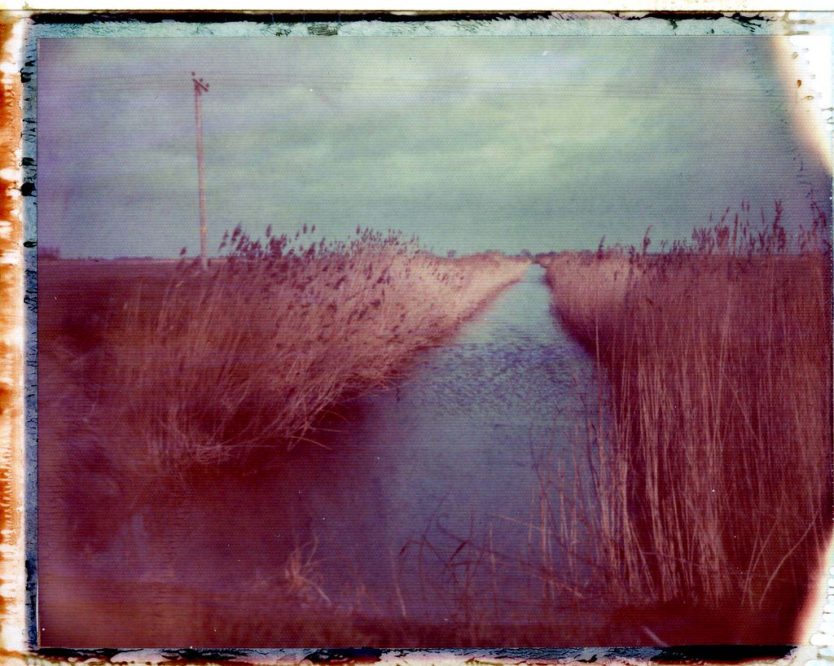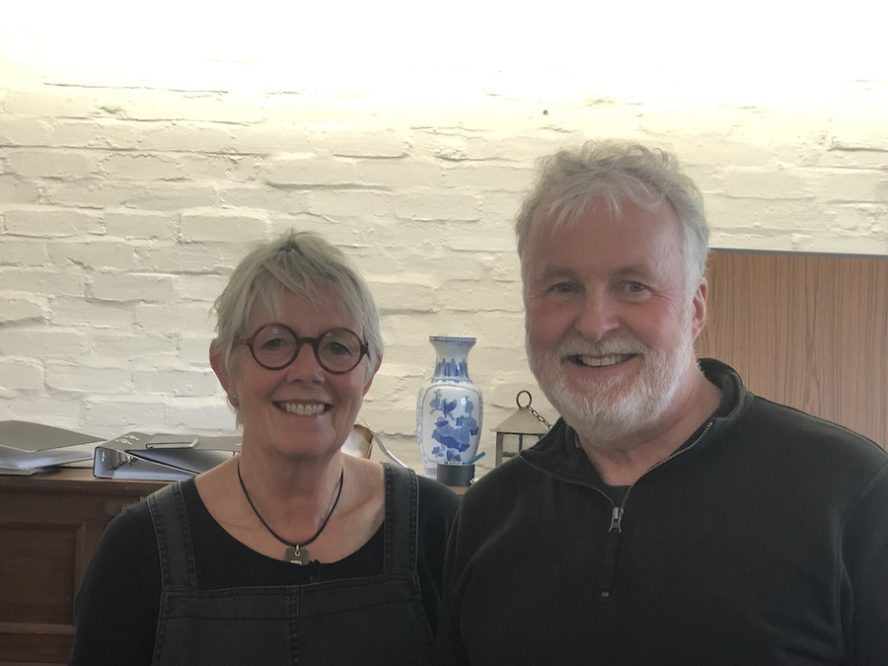Picks of 23: CJ Wagstaff, Lottie Williams and Philippa Davies

CJ Wagstaff
In 2023, we saw live music in Wales returning to full health following the lasting effects of a global pandemic. Amidst a glut of club gigs and new talent, the apex of my year in concert was the return of new-wave legends Blondie back in mid-June.
With the sun setting behind Cardiff Castle, the capital entered a state of jubilation watching the icons storm through hits that have traversed almost five decades, and coloured so many of my formative memories.
Dressed in a broad-shouldered, bright yellow pantsuit, seventy-eight-year-old Debbie Harry defended her title as the godmother of alternative music.
Moving closer to home, my crowning glory in fiction this year was Swansea girl Rachel Dawson’s debut novel, Neon Roses.
Against a backdrop of miner’s strikes, Thatcherism and a burgeoning LGBTQ+ liberation movement, the story follows main character Eluned as she absconds from valleys monotony to find her feet on a passage of queer self-discovery.
Coming nearly a decade after Stephen Beresford’s film Pride, and two years after Russel T. Davies’ It’s a Sin, Neon Roses brings women’s stories during this period to the fore in a way that is tender, sexy and hilarious.
Dawson’s depictions of people and place in the Neath valley are relatable and full of colloquial charm. This book is a jewel in the crown of Welsh fiction.

In a year saturated with new poetry, I was most beguiled by Kandace Siobhan Walker’s contribution, Cowboy. In the debut collection, we see language explored in a way that is both witty and achingly poignant.
Walker tackles self and world through exciting use of metaphor, confronting heavy topics like grief and displacement with an unpretentious voice. Frequently abstract, the volume often defers our gratification, asking the reader to work to distinguish the true heart of the poem.
Cowboy is a fresh and compelling addition to the landscape of Welsh poetry. Stand-out offerings are ‘Astronaut’, ‘Miss Diagnosis’, ‘Cleaning Ladies I’ and ‘Three Mangoes, £1’.
* * *

Lottie Williams – a flat place
I was born in Yorkshire and have made my adult home in Wales, but I grew up in the Cambridgeshire Fens.
It is the flattest of places I have ever known, where the fields run rigid with lines of sugarbeet and potato, where the roads are bamboo-straight if you ignore the tell-tale bumps and dips of a sinking underbelly, where the water has been drained into infinite lodes which grid-square a map of the land.
So this is why, in the summer of 2023, I was so drawn to Noreen Masud’s a flat place, which features a chapter in which she walks across the Fens from Ely to Welney (not that far from my childhood home).

This is a memoir flickering with the author’s childhood trauma that continues to seep into her adult life and, in trying to comprehend her past, Masud reflects upon and seeks out experiences in the flat lands of Pakistan and Britain.
She explores how place links with her diagnosis of complex PTSD, and how she manages her emotions and personality with reference to her surroundings. I can relate – I often link my own feelings with the immediate environment, and I suspect many others do too.
Place is such an important aspect of connection, sanctuary, and survival.
I enjoyed reading how Masud traversed across Morecambe Bay as part of an organised tour before the infamous tide swept in, of the strange desertification of the military buildings on the shingle at Orford Ness, of Orkney and Newcastle Moor and her childhood home of Lahore.
But here is where we differ.
How interesting it is that Masud looks to flat, empty landscapes as a source of comfort, space and belonging, whilst I look to the rise of the hills and the crooks of the valleys for mine. Perhaps this is yet one more reason as to why I have stayed here in Wales rather than returning to the Fens.
* * *

Philippa Davies Defying Gravity: The Torch Theatre’s Cliff-Edge Saga
While 2023 may be remembered as a year of threat for much theatre, in Milford Haven we created an arts first: a community podcast with 20 contributors, to share the uplifting story of the Torch Theatre.
The Torch is literally built on a cliff-edge at the South Western tip of Wales, and an extraordinary testimony to creative resourcefulness and community loyalty.
Carol Mackintosh, another volunteer and I were keen to celebrate and mark 24 years of amazing artistic leadership from Peter Doran, who was retiring. And we wanted to welcome new artistic director, Chelsey Gillard, who got off to a flying start with a Wes Anderson like production of Private Lives.

With around 70 volunteers, the Torch building is a lively and noisy place. Carol and I asked every contributor the same set of questions, and we asked them in the Green Room during tech rehearsals, in the back of a car parked outside the theatre and in The Junction, the rough and ready youth theatre rehearsal space.
Some of the older volunteers who contributed hugely to the early success of the project felt too shy to be interviewed. Anne Leeney, our most venerable contributor though, is well into her eighties and still volunteers as an usher. Younger actors, like Yasemin Ozedar and Samuel Freeman, spoke with love about how the youth theatre was instrumental in shaping their professional acting careers today.
Editing the interviews was um…a challenge…though swearing helped a lot, and people deeply appreciate hearing the story.
It’s been a good year for the Torch, thanks to the Arts Council of Wales and novelist Sarah Waters and actor Rhys Ifans both becoming patrons. But alongside the newsworthy, we’re so proud of the contributors to this story, their tenacity, and unwavering belief in the value of the arts to transform.
May this flame on the cliff-edge illuminate for decades more.
Podcast https://open.spotify.com/show/1Lix62KR3gYAZbEkeXgmyu
Torch Theatre https://www.torchtheatre.co.uk/
Support our Nation today
For the price of a cup of coffee a month you can help us create an independent, not-for-profit, national news service for the people of Wales, by the people of Wales.





